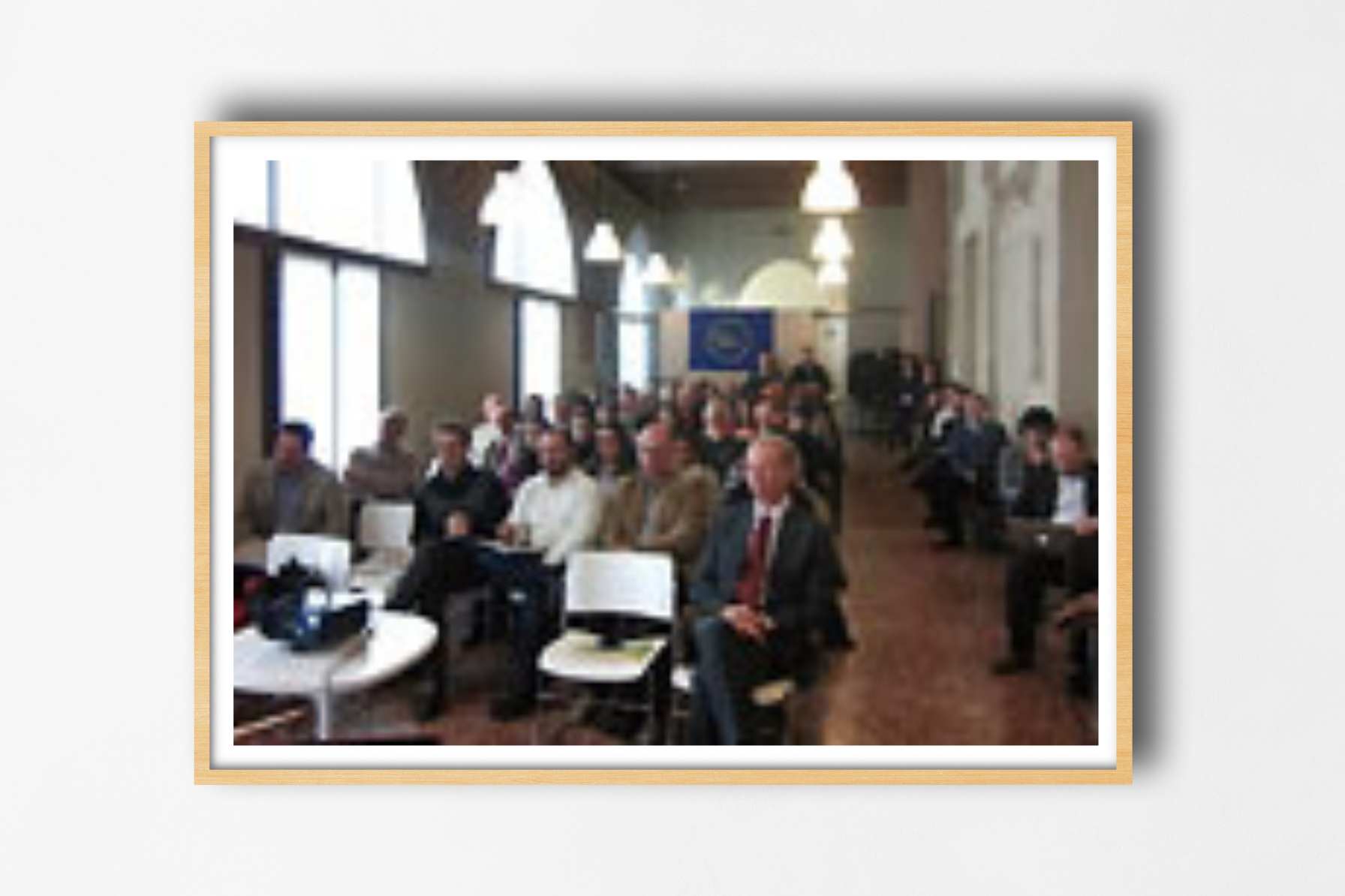The Lisbon Treaty is not and will not be only a piece of paper. It is an instrument to make EU institutions more democratic, giving citizens more space for active participation. It provides some guidelines to modernise Europe and enables it to achieve the objectives of its fifty years of history: to be an instrument of peace and development. These are, in short, the conclusions of the conference on the Lisbon Treaty that took place in Thiene (IT), promoted by the Municipality, its Urban Center and ALDA, Association of Local Democracy Agencies.
In her speech, Maria Rita Busetti, Mayor of Thiene, underlined the importance of the opening to European culture for local communities. The Municipality of Thiene opened, with the Urban Center, its window on Europe, to inform people and make them participate in those lots of opportunities it offers to all of them Antonella Valmorbida, Director of ALDA, has emphasised the role of local communities and authorities in building a Europe of citizens. “Active participation in local decision making process – she said – is the only instrument that can guarantee development. And this is possible only with a strong civil society, willing to get involved and take its responsibility“. An important instrument of information and animation about Europe at local level, about its powers and opportunities, is the Europe Direct network, about which Renzo Michieletto, from the Veneto Region Office of Europe Direct, spoke. This is a great network of 500 branches in 27 European countries, 50 in Italy and 3 in the Veneto Region, that the European Commission created to give citizens the necessary knowledge and make them closer to the institutions and actors. Antonio Di Lorenzo, editor in chief of the Journal of Vicenza, tried to approach a bit more in this world seemingly far away the many participants at the conference. He asked the Meps Mara Bizzotto, Lega Nord, and Debora Serracchiani, Democratic Party, to explain what being a woman in the top European institution means, with regard to their work as well as for their expectations. It was possible to know that they are engaged in a not well known task that has significantly effects in everyday life of all of us. Concerning the Lisbon Treaty Bizzotto and Serracchiani showed shadows and highlights. The shadows are, as Mara Bizzotto said, the lack of a true soul constituent of this document and the remained imbalance between institutions, since the only elected, the Parliament, in fact, do not have full legislative power. Debora Serracchiani, sharing some limits of the Treaty, stated that it contains major advantages, especially for greater democracy and transparency, with a better balance between the Parliament and the European Commission and an increased role of citizens. Both have, however, stated that Italy, one of the most important founders of Europe, would play a greater role in Europe, to be truly protagonist and bridge the gap in attitudes and weight that separates it from other countries that in recent years in the Europe have invested in people, ideas and relationships. In the afternoon two workshops provided an opportunity to discuss the participation of civil society in decision-making process at local level, and the role of local government in the Europe reformed by the Lisbon Treaty.
